Historically the first commercially available sources of methionine were DL-methionine and its hydroxy analogue. Both methionine sources are derived from non-renewable resources through a chemical process and must be transformed to the natural form (L-methionine) before being utilised in the body (Fig 1). However, in the meantime crystalline L-methionine became commercially available. In contrast to DL-methionine and its hydroxy analogues, L-methionine is produced in a fermentation process using renewable raw materials like sugar. Moreover, L-methionine is already in the natural form and can be directly used for effective utilisation in cells.
Physiological roles of methionine
Oxidative stress and antioxidative function of methionine and its derivatives: the importance of antioxidants such as cysteine and GSH - both derivatives from methionine - was demonstrated in a clinical study from the School of Veterinary Medicine, University of Wisconsin. The authors evaluated the status of antioxidants (GSH, cysteine and ascorbate) in a group of client-owned dogs and cats, which were either healthy or clinically ill. They confirmed that GSH depletion in ill dogs was correlated with illness severity as well as mortality during hospitalisation. The authors concluded that especially critically ill dogs could benefit from antioxidant therapy. The importance of balanced nutrition was also demonstrated, however, because GSH depletion may be also connected to malnutrition.
Acidifying effect of methionine in urine to prevent struvite stones: the highest prevalence amongst the different urinary stone types is that of struvite stones, which are composed of magnesium, ammonium, and phosphate. As part of non-invasive, conservative therapy as well as to prevent the recurrence of struvite, the urine should be acidified. During the catabolism of methionine, sulphate and protons are formed and excreted in the urine, which causes the acidifying effect.
Petfood Forum Europe returns
Petfood Forum Europe will officially return to Nuremberg in 2026 and take place on 11 May– just in time for Interzoo. With a multifaceted program and …
Palatability enhancement: in a purified diet, cats prefer diets with methionine to diets without methionine. Even though cats have no sweet taste receptors, they prefer the taste of amino acids which are described as "sweet" in humans, such as L-cysteine. Because of their beneficial effect on pet food palatability…

 Menü
Menü

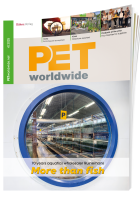



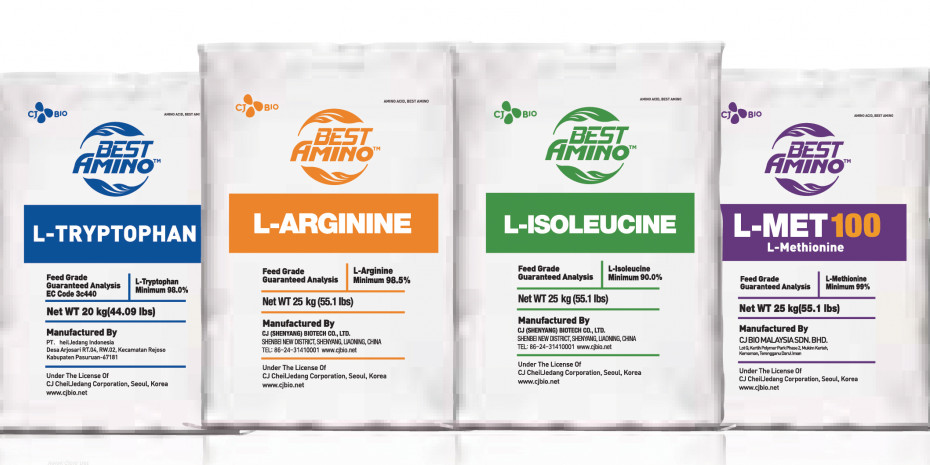


 2/2021
2/2021


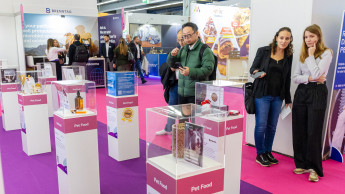
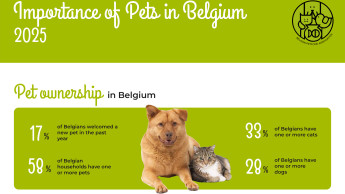
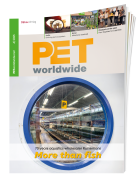





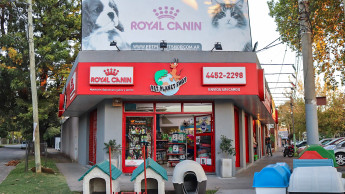


 Newsletter
Newsletter